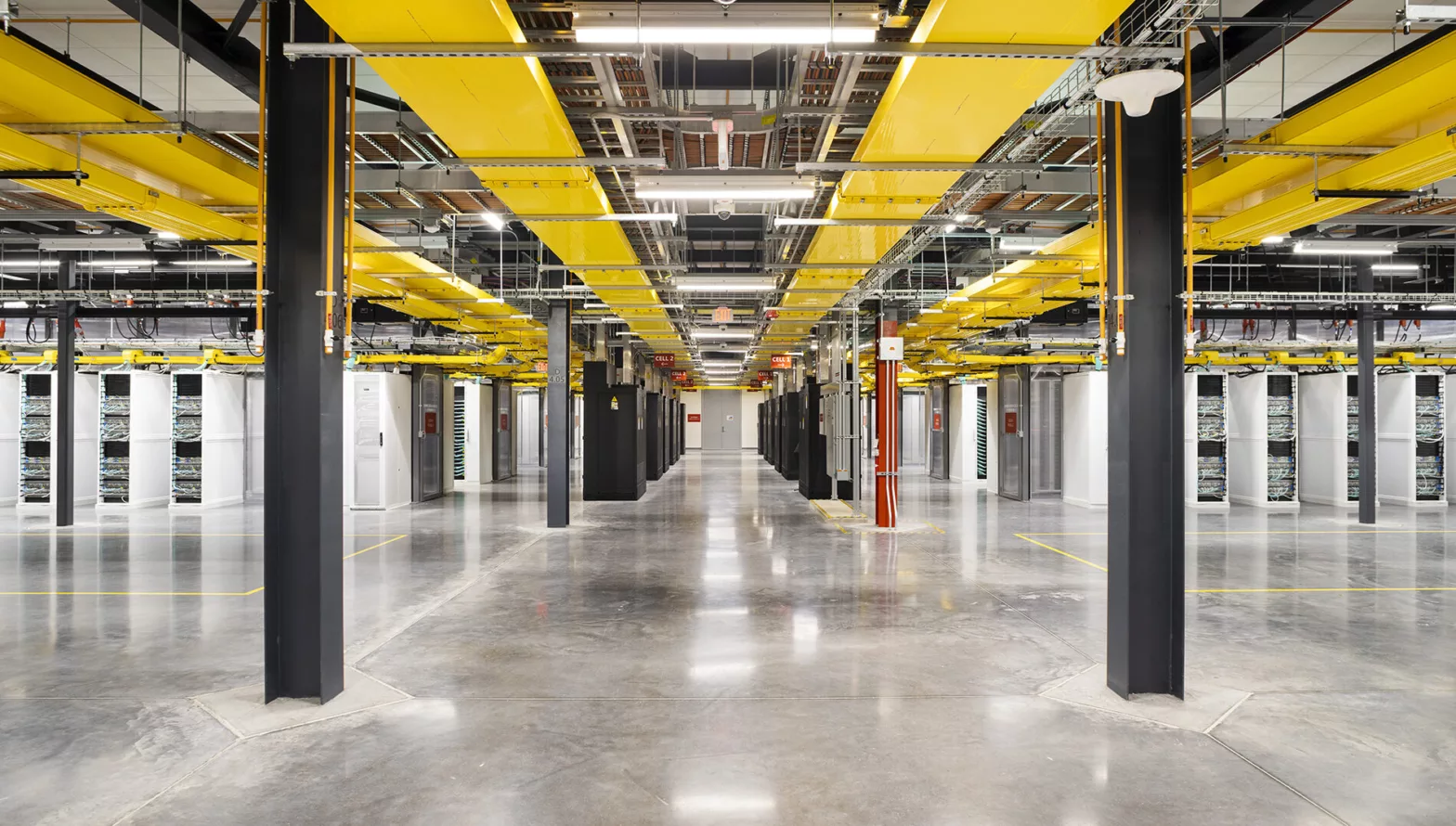Citing an upcoming research paper, AP News reports how the water usage has spiked to train and operate ChatGPT and similar tools.
Image: Microsoft data center in West Des Moines, Iowa; How a small city in Iowa became an epicenter for advancing AI
AP News brought to light the water consumption patterns of OpenAI’s ChatGPT while commenting on the larger trend of heavy processing power demand due to a surge in generative AI tools from companies like Google, OpenAI, and Microsoft.
In the story, the authors cite an upcoming report by a University of California researcher Shaolei Ren commenting on Microsoft’s global water consumption over 2021-22 (1.7 billion gallons)—A 34% increase (source [PDF]).
It’s fair to say the majority of the growth is due to AI, its heavy investment in generative AI and partnership with OpenAI. Most people are not aware of the resource usage underlying ChatGPT. If you’re not aware of the resource usage, then there’s no way that we can help conserve the resources.
Shaolei Ren, University of California
This upcoming report tries to estimate the water use impact of generative AI tools like ChatGPT. According to the rough estimates shared with AP News, “ChatGPT gulps up 500 milliliters of water,” which the American outlet compares to a 16-ounce water bottle. The variance is largely due to factors like region and season.
Generative AI tools need to be trained and for each query, need to exert a lot of processing power. All of this is mainly done in data centers based in the midwestern US state of Iowa, where OpenAI’s GPT-4 language model generates a lot of heat and water is used for cooling purposes.
The news entry also notes that Google’s water usage also saw a 20% growth (source).
Statements given to AP include:
We will continue to monitor our emissions, accelerate progress while increasing our use of clean energy to power data centers, purchasing renewable energy, and other efforts to meet our sustainability goals of being carbon negative, water positive and zero waste by 2030.
Microsoft
We recognize training large models can be energy and water-intensive.
OpenAI

